Mikhail Zharov
出生 : 1899-10-27, Moscow, Russia
死亡 : 1981-12-15
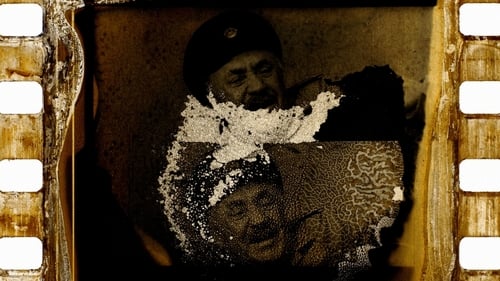
Self - Actor / Various Roles (archive footage)
Atlantic Ocean, off the coast of Iceland, July 9, 2016. The surprising discovery of a canister —containing four reels of The Village Detective (Деревенский детектив), a 1969 Soviet film—, caught in the nets of an Icelandic trawler, is the first step in a fascinating journey through the artistic life of film and stage actor Mikhail Ivanovich Zharov (1899-1981), icon and star of an entire era of Russian cinema.

Aniskin
Third and final part of the comedies about the funny adventures of countryside cop named Aniskin.

Director
Third and final part of the comedies about the funny adventures of countryside cop named Aniskin.
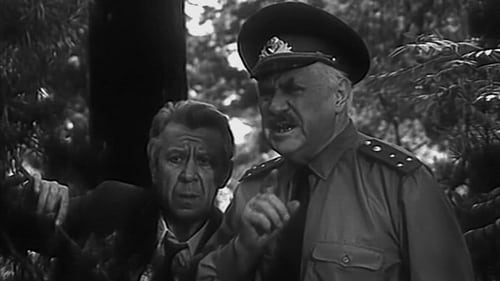
Aniskin
A second story about countryside cop named Aniskin.

Director
A second story about countryside cop named Aniskin.
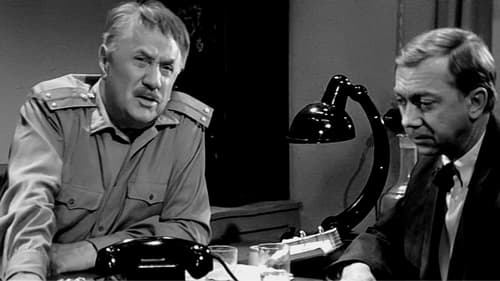
Fyodor Ivanovich Aniskin
Police officer Aniskin lives with his family in a rural Russian village whose inhabitants admire his gentleness and wisdom. When an accordion is stolen from the local clubhouse, he begins to investigate.
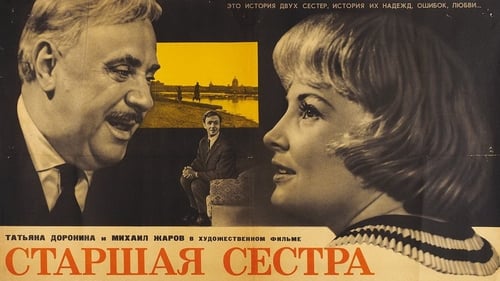
Ukhov
A drama about a life of two sisters - Nadya and Lida, who both are dreaming about theater and actress career.

Minister of War
A fairytale about homeless musician and his love for the princess.

(as M. Zharov)
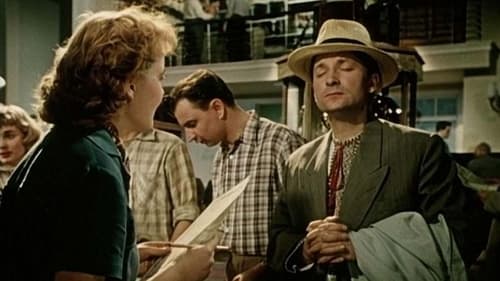
Sviristinsky
A romantic story about the girl working in the musical instruments store.
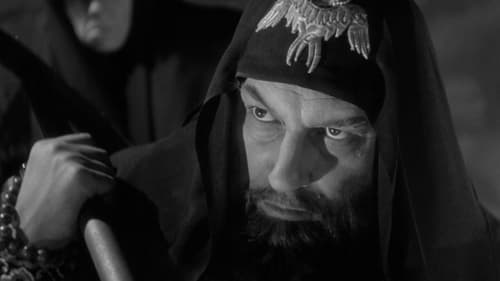
Czar's Guard Malyuta Skuratov
This is the second part of a projected three-part epic biopic of Russian Czar Ivan Grozny, undertaken by Soviet film-maker Sergei Eisenstein at the behest of Josef Stalin. Production of the epic was stopped before the third part could be filmed, due to producer dissatisfaction with Eisenstein's introducing forbidden experimental filming techniques into the material, more evident in this part than the first part. As it was, this second part was banned from showings until after the deaths of both Eisenstein and Stalin, and a change of attitude by the subsequent heads of the Soviet government. In this part, as Ivan the Terrible attempts to consolidate his power by establishing a personal army, his political rivals, the Russian boyars, plot to assassinate him.

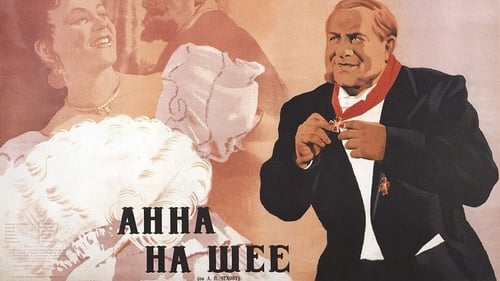
Artynov
Based on the short story by A. P. Chekhov. Beggar 18-year-old beauty Anna marries a rich 52-year-old official to help her father and brothers. After the death of the mother, the father drinks, the brothers go hungry. For the sake of her relatives, she is ready for anything, even to become the wife of an elderly, rude, vulgar and hated Modest Alexeyevich.

The tragedy of a talented and strong woman who built the well-being of her family on blood and blood. And well-being turned out to be just as false and ghostly.
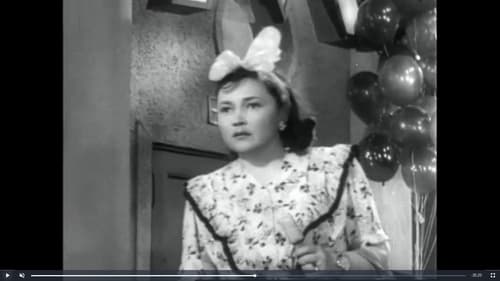
шофер Зачесов

Khrenov
About the life of the Russian biologist Ivan Michurin. 1912 year. Having rejected American offers to work abroad, Michurin continues his research in the Russian Empire, despite the fact that his ideas are not perceived by the tsarist government, the church and idealistic science. Michurin is supported by prominent scientists of the country and he continues to work hard. After the October Revolution, a small Michurin garden in the city of Kozlov (the biologist's homeland) becomes a large state nursery.

The film is about the sailors who fought on torpedo boats in the Great Patriotic war.
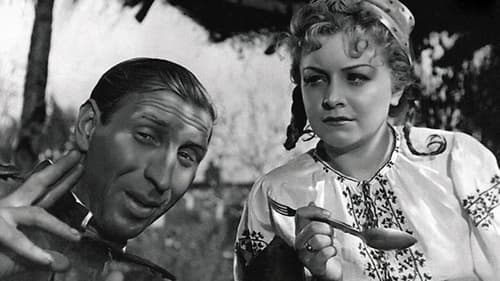
Semibab
A comedy about an army squad guarding the fake airport during WWII.

Director
A comedy about an army squad guarding the fake airport during WWII.
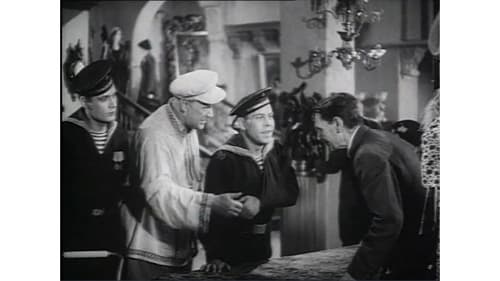
Vadim Spiridonovich Yeropkin
A funny comedy about a lost twins and a lot of good people who are involved in a search for twins' parents.
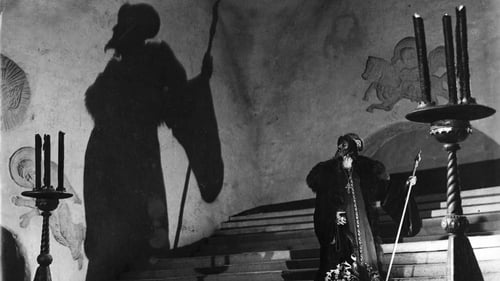
Czar's Guard Malyuta Skuratov
Set during the early part of his reign, Ivan faces betrayal from the aristocracy and even his closest friends as he seeks to unite the Russian people. Sergei Eisenstein's final film, this is the first part of a three-part biopic of Tsar Ivan IV of Russia, which was never completed due to the producer's dissatisfaction with Eisenstein's attempts to use forbidden experimental filming techniques and excessive cost overruns. The second part was completed but not released for a decade after Eisenstein's death and a change of heart in the USSR government toward his work; the third part was only in its earliest stage of filming when shooting was stopped altogether.

Fritz
War-time satire about the inhumanity of the nazis.
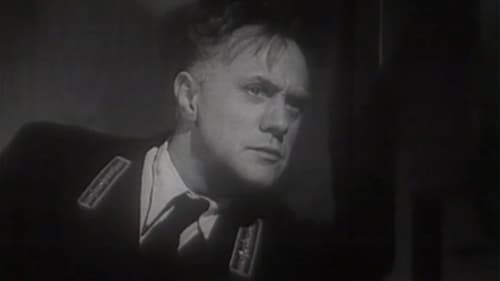
Baranov
A musical romantic comedy set in Soviet Union during the first years of WWII.
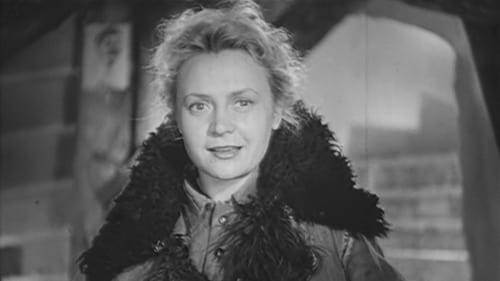
Globa
The film deals with a Russian battalion under siege by the Germans during the Second World War.

Reciter in hospital (as M. Zharov)
Zoya Vladimirovna Strelnikova, a famous operetta actress, quits the theater and gets a nanny in a military hospital. There she meets the wounded major Peter Nikolayevich Markov.

Tsar (voice)
The story is about three sisters. The youngest is chosen by Tsar Saltan to be his wife. He orders the other two sisters to be his royal cook and weaver. They become jealous of their younger sister. When the tsar goes off to war, the tsaritsa gives birth to a son, Prince Gvidon (Gvidón.) The older sisters arrange to have the tsaritsa and the child sealed in a barrel and thrown into the sea. The sea takes pity on them and casts them on the shore of a remote island, Buyan. The son, having quickly grown while in the barrel, goes hunting. He ends up saving an enchanted swan from a kite bird. The swan creates a city for Prince Gvidon to rule, but he is homesick, so the swan turns him into a mosquito to help him. In this guise, he visits Tsar Saltan's court, where he stings his aunt in the eye and escapes. Back in his realm, the swan gives Gvidon a magical squirrel. But he continues to pine for home, so the swan transforms him again, this time into a fly.

Gavril Fedorovich Rusov
A story about a Secretary of the Communist Party District Committee who is leading partisans in their fight with the Nazis during WWII.

Perchikhin
Propaganda film enhancing the role of I.V. Stalin in the defense of the city of Tsaritsyn (subsequently Stalingrad, at present Volgograd) by the red army during the Russian civil war.

Gavrilo
Year 1648. Ukraine under the oppression of Poland. Polish nobility committing outrage, burning villages one after another. Hetman of Zaporozhian Cossacks Bogdan Khmelnitsky gathers the army of defenders of the motherland...

(archive footage)

Lartsev
Engineer-designer of the Moscow aviation plant Cochin took the secret blueprints home. He didn't know that foreign intelligence had long been hunting for these blueprints...

The Greek teacher Belikov, who works in a rural gymnasium, loved to keep things in cases, was afraid of everything and lived himself, as if in a case, on the principle: “no matter what happens”. By this principle, he literally "terrorized" the gymnasium and the villagers. Hope appeared when Varenka arrived in the village - “not a girl, but marmalade”, although she was already aged, and “did not mind being married, even if only to a teacher of the Greek language”.

Platon Vassilievich Dymba
The final part of trilogy about the life of a young factory worker, Maxim. Following the Russian Revolution, Maksim is appointed state commissar in charge of the national bank. With great efforts, he learns the complexies of the banking trade and begins to fight off sabotaging underlings. Dymba, now a violent enemy of the Republic, tries to rob a wine store but is arrested with Maksim's help. Maksim also exposes a conspiracy of a group of tsarist officers who prepare an attempt against Lenin. He then joins the Red Army in its fight against the German occupation.

Don Cossack Stepan Razin boyars vowed revenge for his friends tortured torture. As head of the rebellious peasants, he becomes the leader of the whole army. With all the Russian land flock to him humiliated and oskorblennye.Tsar Alexey concerned the growing power Ataman. Church anathematizes Stepan collected in the march on Moscow. Regular king's troops manage to stop rebel forces near the walls Simbirska.Spodvizhniki perish, and the chieftain captured. Severe torture did not break the will of Razin.

Alexander Danilovich Menshikov
Depicts Russian Tsar Peter the First's conquest over the Swedes and his son Aleksey's plot to overthrow him.

Grigori Stepanovich Smirnov
A romantic comedy based on an Anton Chekhov play of the same name. A young man comes to collect a debt owed to him by the widow Popova's late husband. They argue , duel with pistols , and fall in love while all of this is witnessed by Popova's servant Luka.

Alexander Danilovich Menshikov
This, the first Soviet depiction of Peter the Great, set the stage for what would become the post-Revolutionary line concerning the early Romanovs. Rulers like Ivan the Terrible and Peter the Great were widely admired for their dedication to Russia and their absolute determination to enhance her position in the world. But praise for the hated later Romanovs conflicted too heavily with the very beliefs that had brought about the Revolution in 1917.

Zaitsev

Koudryash (as M.I. Jaroff)
The cinematic adaptation of "The Storm" play by Aleksandr Ostrovsky. In a provincial town on the Volga River, the young and sensitive Katerina marries Tikhon, a violent drunkard, and thus enters the crude milieu of greedy salesmen, the "dark kingdom". Her mother-in-law, Kabanikha, rules the family with an iron fist and endlessly harasses Katerina. One day, when Tikhon is away, she meets Boris, a man who embodies everything Katerina is longing for.
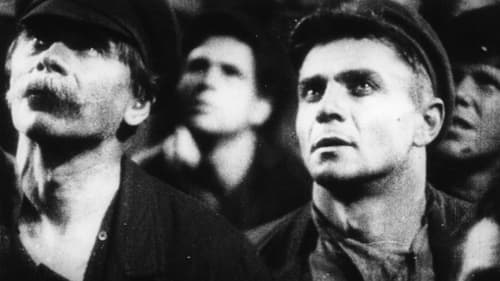
Krayevitch, a student
Outskirts is an internationally renowned masterpiece of early sound cinema. In a remote Russian village during World War I, colorful and nuanced characters experience divided loyalties: family loyalty vs. personal desire, nationalism vs. transcendent humanism.
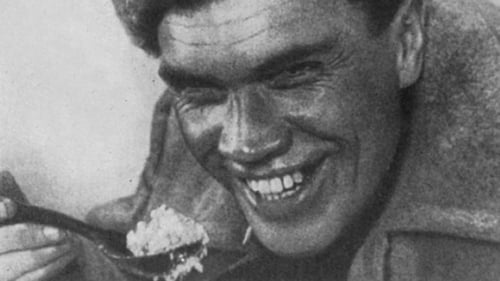
Tomka Zhigan, leader of the wild boys
Young hobos are taken to a new camp to become good Soviet citizens. This camp works without any guards, and it works well. But crooks kill one of the young people when they try to damage the newly built railroad to the camp.

Naturally, the circus milieu of 2 Buldy 2 (1929) encourages stunts. A father and son, both clowns, are to perform together for the first time, but the civil war separates them, and the elder Buldy, tempted for a moment to acquiesce to the White forces, casts his lot with the revolution. At the climax Buldy Jr. escapes the Whites thanks to flashy trampoline and trapeze acrobatics; the gaping enemy soldiers forget to shoot.

Three reporters and an office girl are trying to stop a bacteriological strike by some powerful western business leaders against the USSR.

House Painter
With an international chess tournament in progress, a young man becomes completely obsessed with the game. His fiancée has no interest in it, and becomes frustrated and depressed by his neglect of her, but wherever she goes she finds that she cannot escape chess. On the brink of giving up, she meets the world champion, Capablanca himself, with interesting results.

The main protagonists of the film are Katya (Varvara Popova), the daughter of a factory worker and Andrey (Ivan Koval-Samborsky), the son of the former owner of the factory who illegally returns to the USSR to find treasures hidden by his father. The film title refers to the Communist party's appeal, after Lenin's death, to enlarge its membership.

sluzhashchiy i nosil'shchik
As she works in her tedious office job, Maria Ivanovna dreams about being married, and she has particular hopes that her co-worker Nikodim Mityushin will take an interest in her. Nikodim, though, is in love with Zina, who sells cigarettes on the sidewalk, and he frequently buys cigarettes from her even though he does not smoke. One day, a film crew uses Zina as an extra in an outdoor scene, and the cameraman, Latugin, falls in love with her. Latugin soon arranges an acting job for Zina. To complicate matters further, Zina has yet another admirer in Oliver MacBride, an American businessman who is visiting Moscow.

Actor in Play
A young man travels to Mars in a rocket ship, where he leads a popular uprising against the ruling group with the support of Queen Aelita, who has fallen in love with him after watching him through a telescope.

Soldier
This film was a true peculiarity, a filmed version of the great Feodor Chaliapin in one of his most famous roles; the fact that it was a silent film, with title cards, meant that audiences could only appreciate his acting. Another curiosity is that the film also included a minor role enacted by Richard Boleslavsky, who in 1932 directed “Rasputin and the Empress.”(9)

































